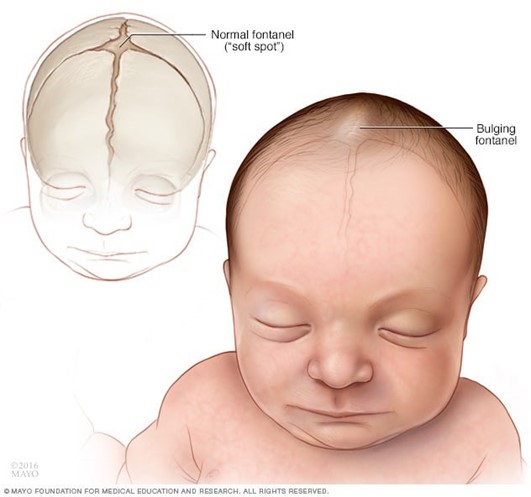A nurse is caring for a child who has been physically abused by a family member. Which of the following statements should the nurse say to the child?
"Your family is bad for doing this to you.".
"Let's discuss what happened with your family.".
"It is not your fault that this happened.".
"I promise I won't tell anyone about this.".
The Correct Answer is C
This statement helps the child understand that they are not to blame for the abuse and can help reduce feelings of guilt or shame.
Choice A is not an answer because it can create more confusion and fear in the child.
Choice B is not an answer because discussing the abuse with the family may not be safe or appropriate.
Choice D is not an answer because it is important for the nurse to report the abuse to the appropriate authorities to ensure the child’s safety.
Nursing Test Bank
Naxlex Comprehensive Predictor Exams
Related Questions
Correct Answer is D
Explanation
a.Log rolling is an appropriate technique to reposition a postoperative scoliosis repair patient as it minimizes stress on the spine and helps maintain spinal alignment. Patients need frequent repositioning to prevent pressure ulcers and promote comfort, but every 4 hours may not be frequent enough; typically, every 2 hours is recommended.
b.Protective isolation is not typically required for patients undergoing scoliosis surgery unless they have specific risk factors for infection (e.g., immunocompromised status). Standard postoperative care focuses on monitoring for infection at the surgical site rather than isolation unless indicated by the patient's condition.
c.While it’s important to elevate the head of the bed to assist with breathing and comfort, after scoliosis surgery, the head of the bed is generally elevated to 30-45° to facilitate lung expansion and reduce the risk of aspiration. However, it should be ensured that this angle does not compromise spinal alignment, especially in the early postoperative period.
d.The use of a patient-controlled analgesia (PCA) pump is an appropriate intervention for pain management after scoliosis surgery. It allows the patient to self-administer pain medication within prescribed limits, leading to more effective pain management, improved patient satisfaction, and potentially reduced need for supplemental analgesics.
Correct Answer is C
Explanation
A bulging fontanel is a manifestation associated with a CNS infection in an 11- month-old infant.
A bulging fontanel can be a sign of increased intracranial pressure, which can
occur with meningitis or encephalitis, both of which are types of CNS infections.
Choice A is incorrect because oliguria, or decreased urine output, is not typically associated with a CNS infection.
Choice B is incorrect because jaundice, or yellowing of the skin and eyes, is not typically associated with a CNS infection.
Choice D is incorrect because a negative Brudzinski sign would indicate that there is no neck stiffness, which would be an unlikely finding in a CNS infection.

Whether you are a student looking to ace your exams or a practicing nurse seeking to enhance your expertise , our nursing education contents will empower you with the confidence and competence to make a difference in the lives of patients and become a respected leader in the healthcare field.
Visit Naxlex, invest in your future and unlock endless possibilities with our unparalleled nursing education contents today
Report Wrong Answer on the Current Question
Do you disagree with the answer? If yes, what is your expected answer? Explain.
Kindly be descriptive with the issue you are facing.
